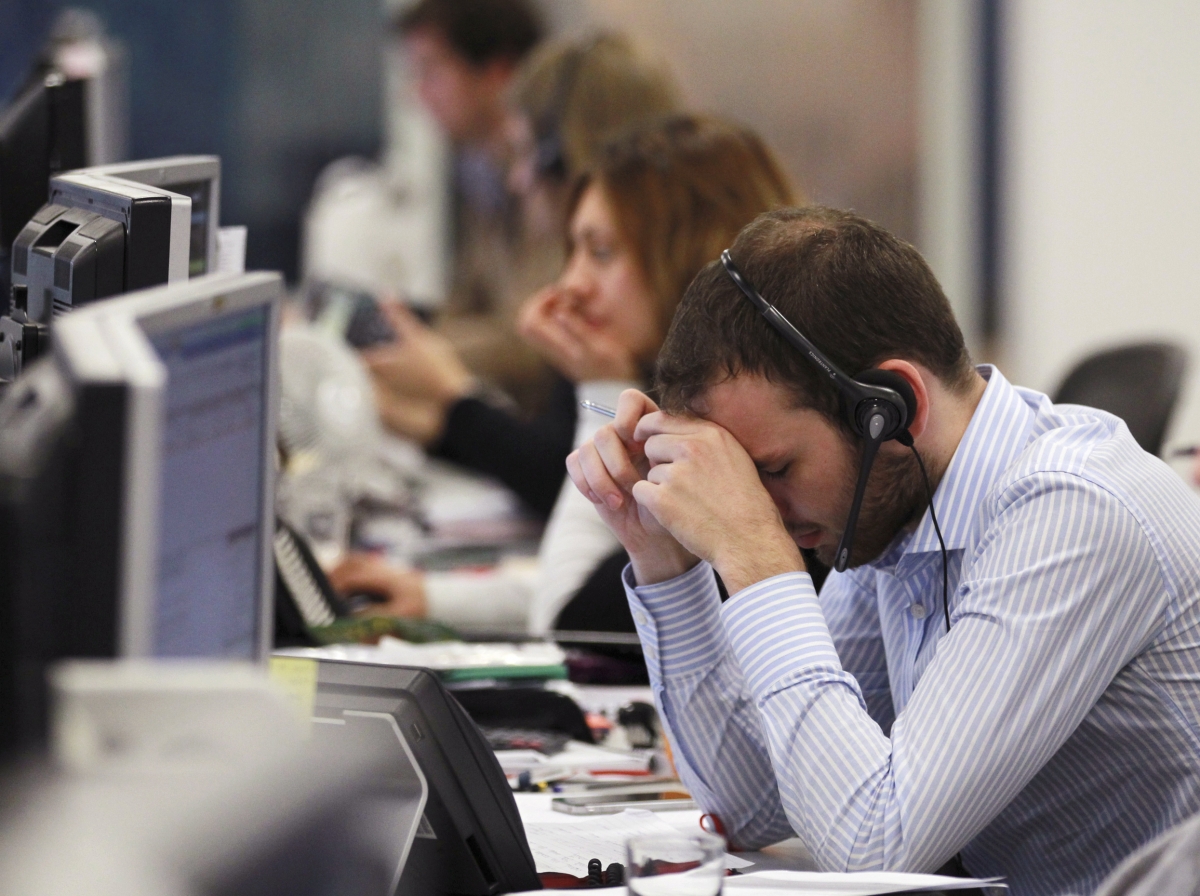
Are you highly cooperative and generous at your workplace? Well, being the do-gooder does not always pay. In competitive circumstances, it can attract hatred and social punishment, researchers said.
It was found that cooperative behaviour attracted punishment most often in groups whose members compete with each other. This was even the case when punishing or derogating the do-gooder lessened benefits for the entire group, including the punisher.
However, if there was no competition then the cooperation increased, according to the study published in the journal Psychological Science.
"Most of the time we like the cooperators, the good guys. We like it when the bad guys get their comeuppance, and when non-cooperators are punished," said Pat Barclay, Professor at the University of Guelph, in Ontario, Canada.
But some of the time, cooperators are the ones that get punished. People will hate on the really good guys. This pattern has been found in every culture in which it has been looked at.
Some people like to bring cooperators down a peg, especially if they think the good guys make them look bad in the workplace, boardroom or other organisation, Barclay said.

According to the researchers, being suspicious, jealous or hostile toward those who seem better or nicer appears to run deep in the psychological makeup of humans. Anthropological evidence from egalitarian hunter-gatherer societies suggests a similar social phenomenon prevented excellent hunters from dominating the group.
"In a lot of these societies, they defend their equal status by bringing down somebody who could potentially lord things over everybody else. You can imagine within an organisation today the attitude, 'Hey, you're working too hard and making the rest of us look bad,' Barclay said.
In some organisations people are known for policing how hard others work, to make sure no one is raising the bar from what is expected.

















